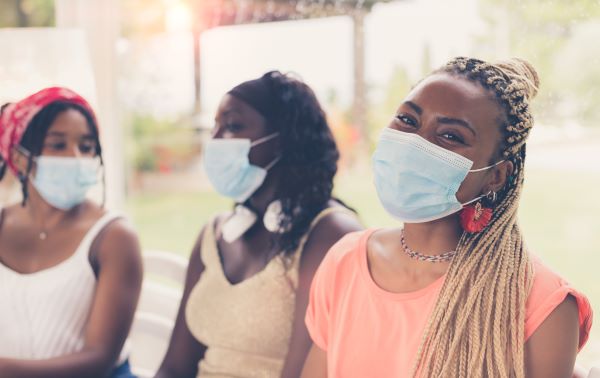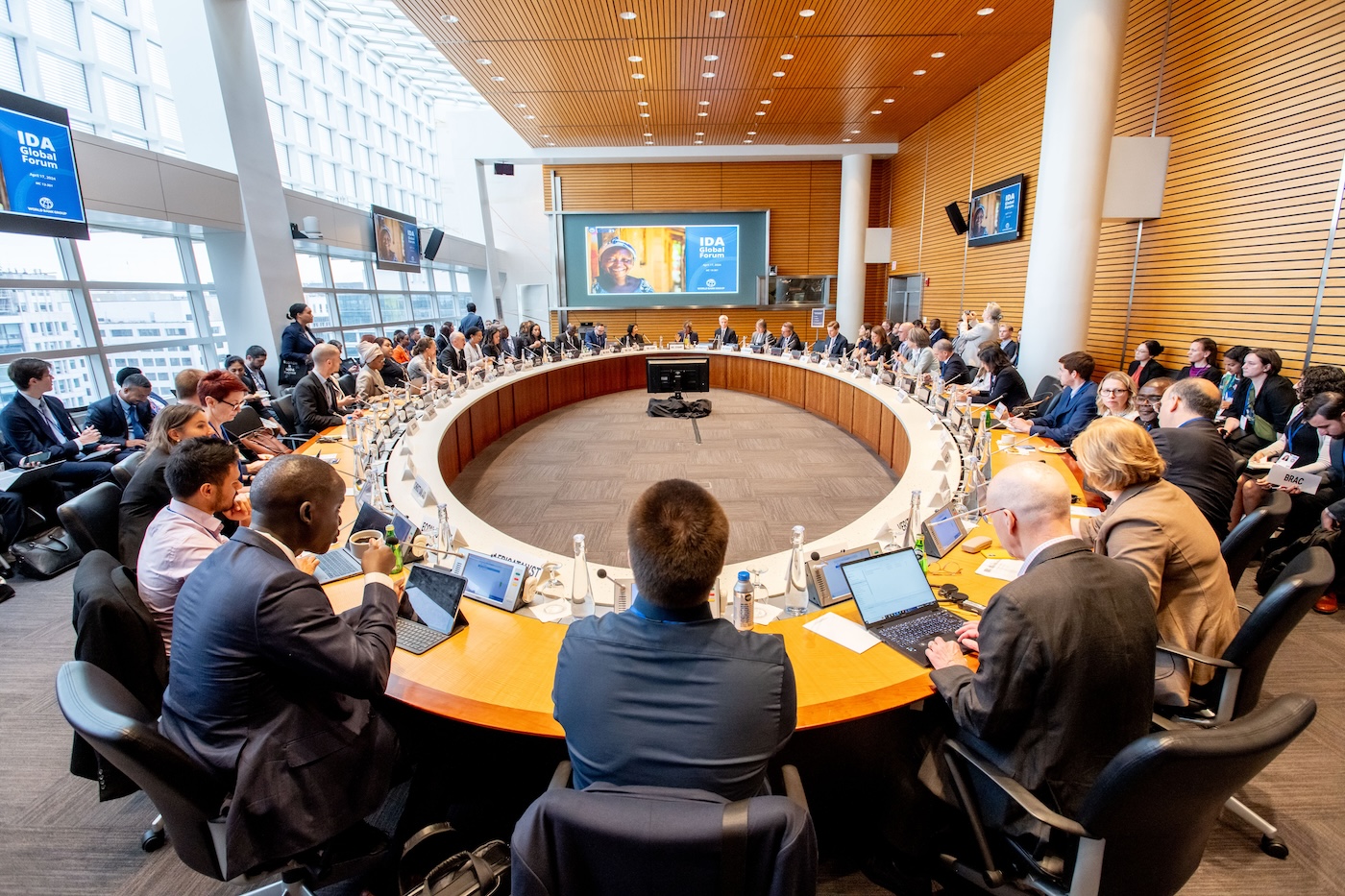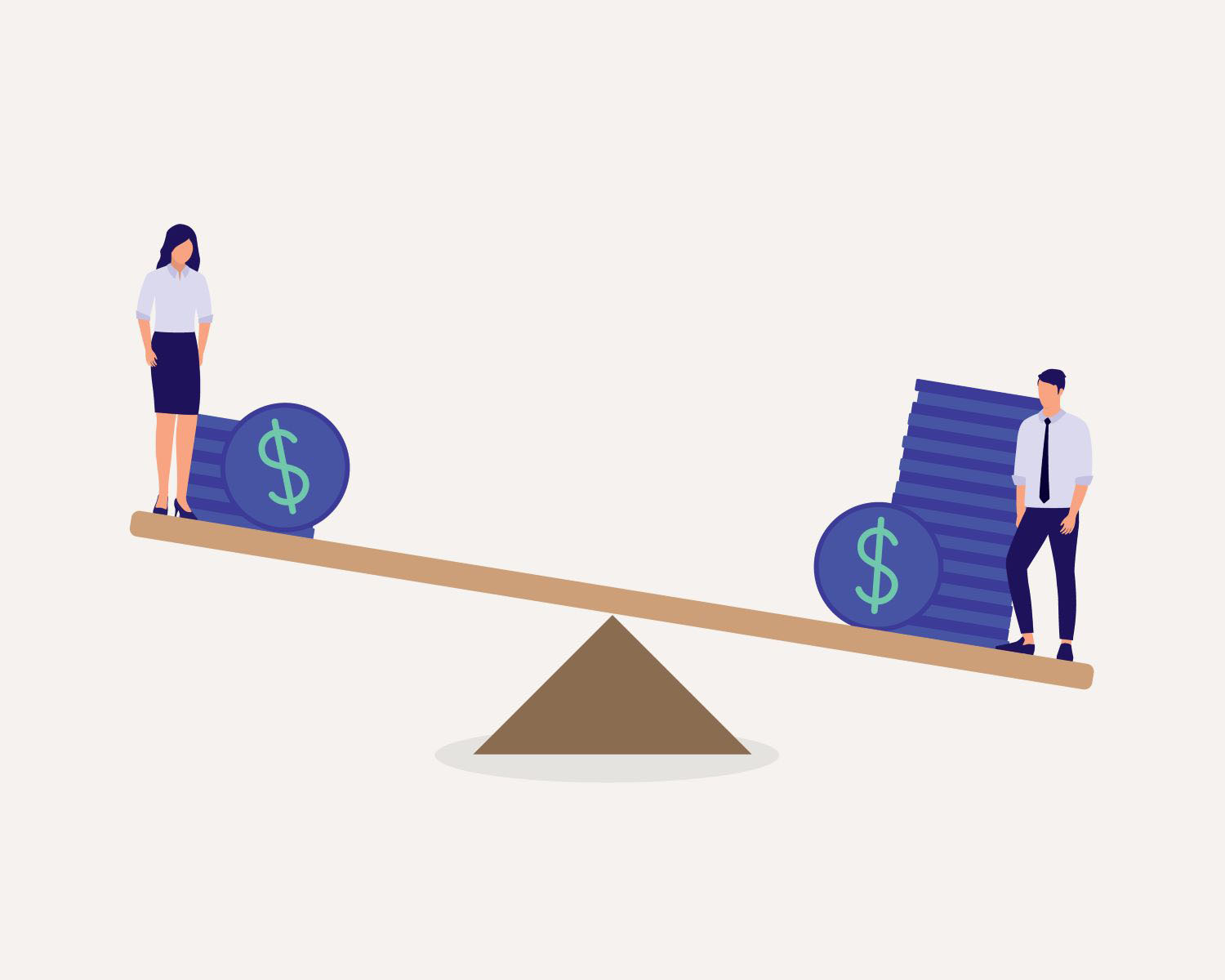Today, Melinda French Gates announced that the Bill & Melinda Gates Foundation will make a five year $650 million commitment to furthering economic empowerment for women around the globe - and that the commitment will focus in three areas: cash, care, and data.
Melinda Gates said: “We think about economic empowerment in terms of three priorities: cash, care, and data. Cash means making sure that recovery, stimulus, and social protection money gets directly into women’s hands. Care means helping families raise children and care for sick relatives—for example, by subsidizing child care centers or offering paid family and medical leave—instead of just expecting women to do it all, unpaid. And data means making the invisible visible so that leaders and policymakers can pinpoint the needs of women and girls, develop evidence-based reforms, and monitor progress.”
Sound familiar?
That’s because this is the three pronged plan that CGD researchers with our COVID-19 Gender & Development Initiative proposed for how global decision makers can help ensure an inclusive recovery -- one that equitably benefits women and girls. If you’ve read our work, signed up for our newsletter, or attended an event, these three words are already ingrained in your brain (or should be!) - just like they are in Melinda Gates’ (it’s something the two of you have in common!).
Here’s why we (and Melinda Gates) believe that cash, care, and data are key to building back better from the COVID-19 crisis and addressing long-standing gender equalities:
-
Cash: Because the economic effects of the crisis will long outlast COVID-19’s direct health effects, governments and donors should continue to provide cash transfers to vulnerable populations, placing a priority on targeting women and addressing their specific needs and constraints, as part of a medium-term recovery strategy.
Another form of needed “cash” is stop-gap financing to women-owned firms, which have been more likely to close because of the COVID-19 pandemic, and sectors where women are concentrated (e.g., health, tourism, retail, services), which have been harder hit by the crisis and seen slowed economic activity due to containment measures.
-
Care: When access to affordable, quality care infrastructure is lacking, it’s women and girls who bear the burden. A recent analysis from the Center for Global Development finds that in the past year alone, women across the globe provided on average an extra 173 hours of unpaid care - 3 times more than men. While the COVID-19 pandemic has exacerbated the lack of access to childcare and inequalities in who provides unpaid care, this serious problem predated the pandemic.
Governments, with donors’ financial and technical assistance, should strengthen labor market policies and programs to ensure they benefit women, including by prioritizing investments that reduce and redistribute unpaid care work.
-
Data: Governments and donors should monitor and evaluate the benefits of COVID-19 mitigation and recovery measures on women and girls, as well as strengthen broader data systems to ensure they reflect women’s and girls’ lived realities.
CGD senior fellow Mayra Buvinic and her co-authors wrote, “we know that the coronavirus pandemic is not gender-blind, yet our knowledge of the varied ways it affects different demographic groups is incomplete due to data gaps across economic, education, health, and social dimensions.”
These three principles should guide donors’ investments - not only in the upcoming IDA replenishment at the World Bank, but they should also be prioritized in bilateral aid commitments and by other multilateral development banks.
For more information on how cash, care, and data can guide global development investments, click here.
CGD blog posts reflect the views of the authors, drawing on prior research and experience in their areas of expertise.
CGD is a nonpartisan, independent organization and does not take institutional positions.






